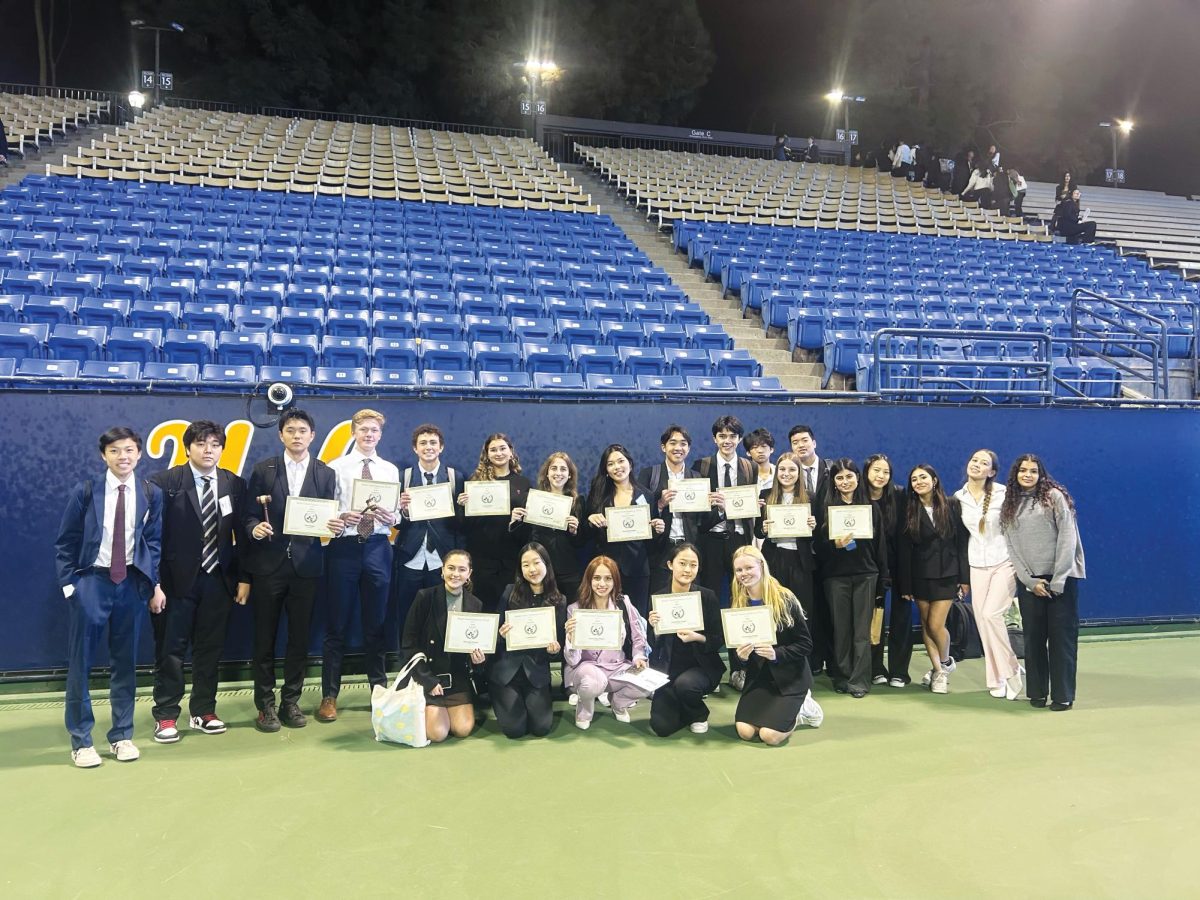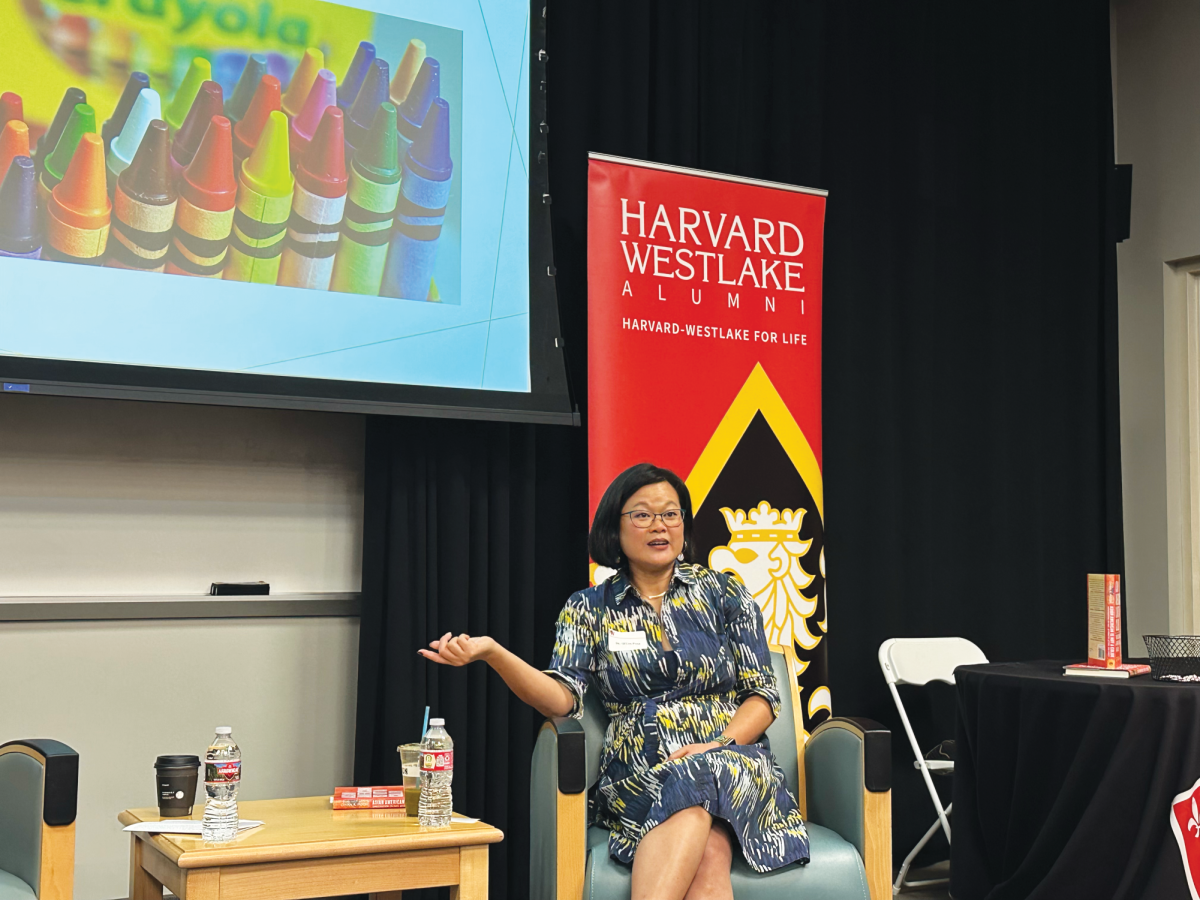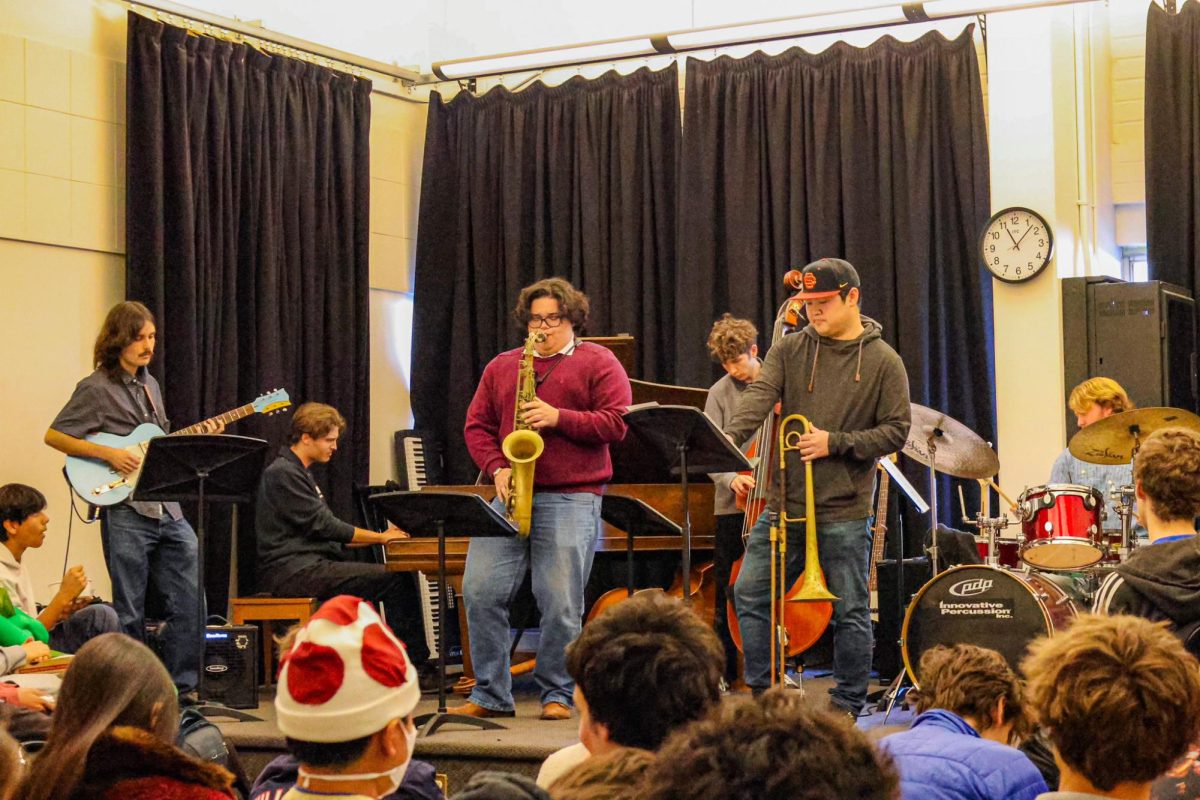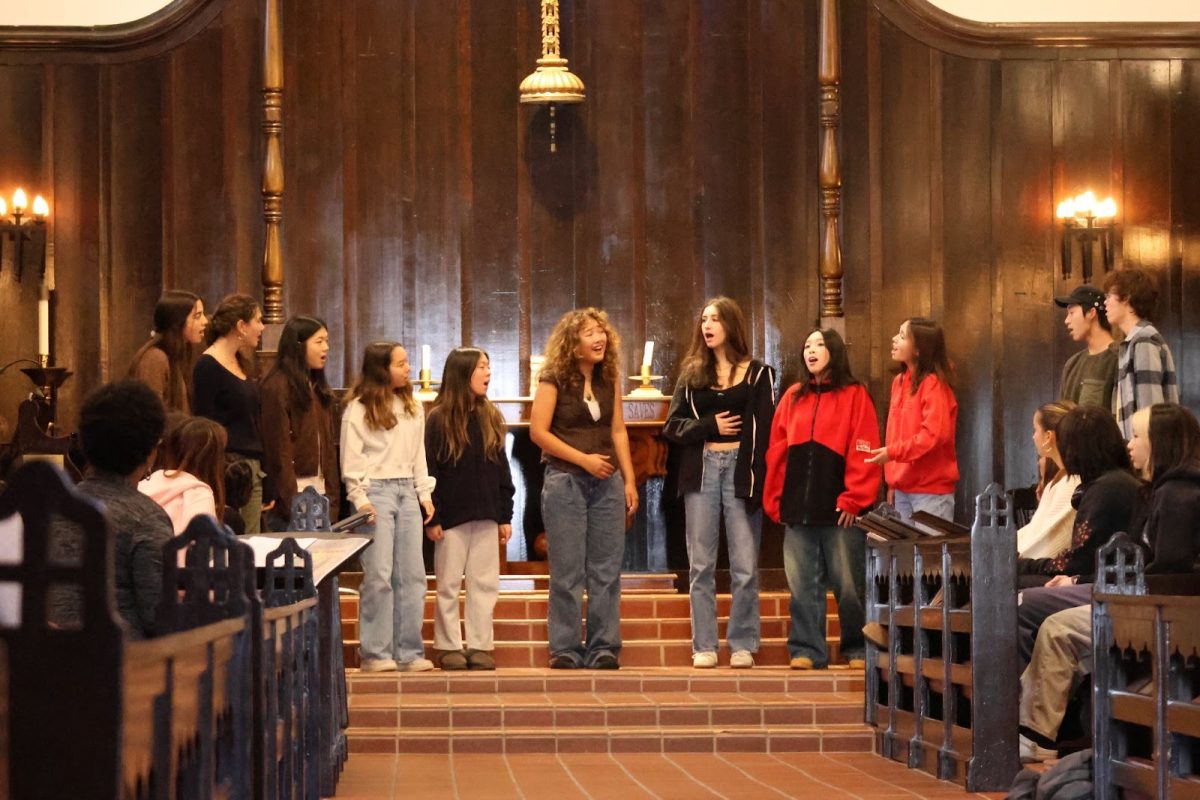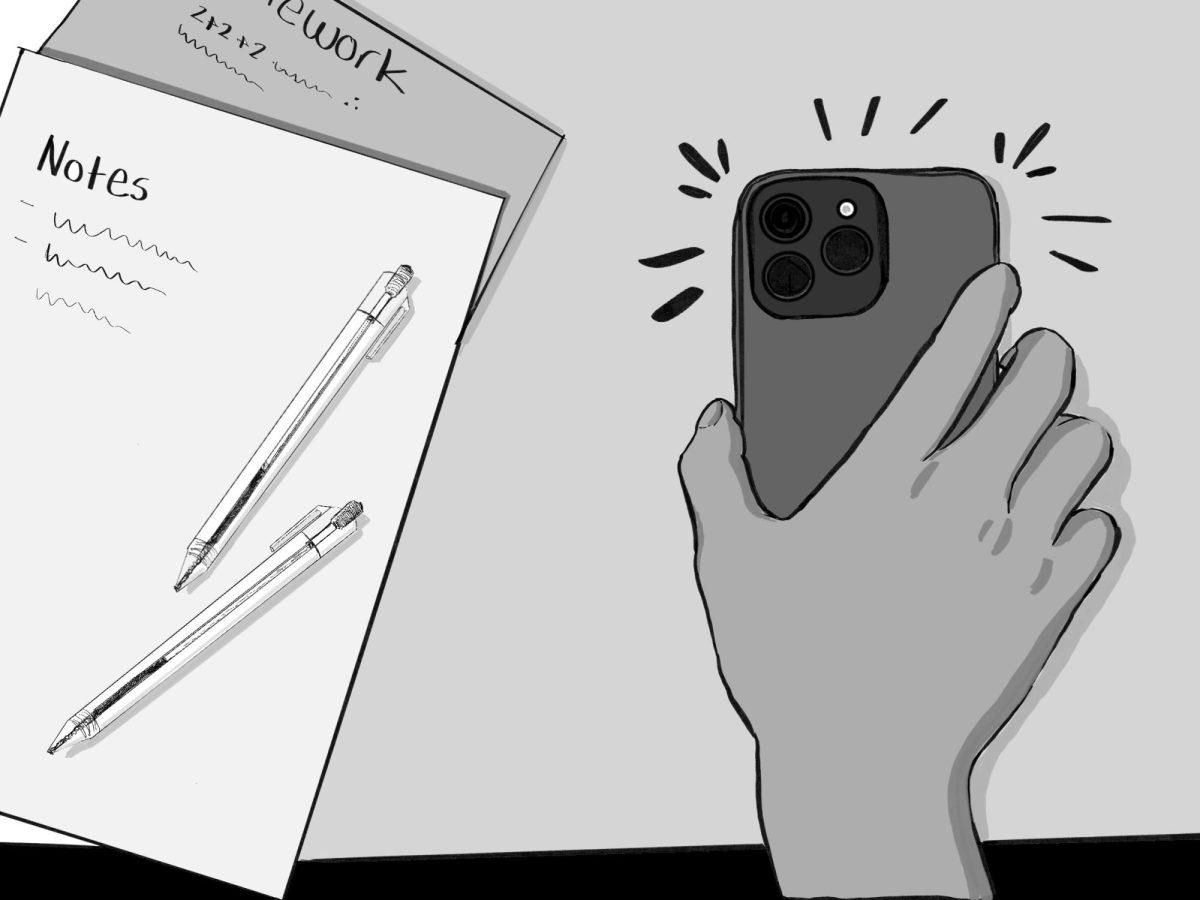By Ashley Halkett
Our school prides itself on integrating students into the system, allowing students to get involved, telling us that it is, in fact, our school. Take the Honor Board, for example. Though students are not completely in charge of it by any means, it makes them players in an important process and respectfully grants them a say in the difficult choices the school is sometimes faced with. At least, that is what itâs supposed to do.
So then why, after faculty members and students deliberated for hours after school, sacrificing free time and significant peace of mind, was the decision to readmit the students involved in the Middle School drug incident (the opposite conclusion reached by the Honor Board) ultimately made by the administration?
The Honor Board said in its recommendation in May that this was “one of the hardest and most agonizing decisions” it ever had to make, one reached after “extensive discussion and debate about the well-being of the School.” While Iâm sure this input was appreciated, it was disregarded and effectively ignored, despite the fact that it was a collective decision made after days of endless discussion and debate.
I cannot truly endorse or oppose the administrationâs choice to readmit the expelled students because I do not personally know any of the students or what really happened. But I believe it is wrong for a decision with so much weight to rest completely in the hands of the administration without input from those who actually attend Harvard-Westlake and are thus more than capable of judging what is best for their school. And if this arrangement is non-negotiable, then I believe it is wrong to waste the time of many people who were asked to think long and hard about a suitable resolution that was eventually entirely overlooked. Not just in this case, but in all cases. Itâs great that our school asks for studentsâ (and faculty membersâ) opinions, but itâs pointless if the administration then disregards them.
Life-determining decisions should not be left up to a couple of crazy kids. Thatâs why the Honor Board consists of many students and a handful of teachers: there is a surplus of thoughts and opinions and feelings that will smooth into a reasonable conclusion and eliminate the possibility of an overly drastic and radical sentence (see Federalist No. 10, James Madison).
I can also see why the power of absolute determination could be given to the administration as a sort of tie-breaker if the decision were extremely close, vis-Ã -vis the Vice Presidentâs duties in the Senate.
But if the Honor Board comes to a consensus and agrees together on a certain course of action, which Head of School Jeanne Huybrechts acknowledged in her reply to the Honor Boardâs decision, writing that the “majority of the Honor Board membersâ¦believes that the original transgressions warranted permanent expulsion,” then why can their decision still be overruled?
Either way, the school should not have asked the Honor Board for advice that would not be followed, that would be responded to with a sort of thanks, but no thanks. The Honor Board did not ask for this case. It was given to them to fret and lose sleep over, but when they finally reached a resolution, their decision was snatched back, invalidated and reversed by same group that originally assigned it to them.
If the Honor Board and the Code it represents are the highly respected, invaluable institutions they are supposed to be, then the Board deserved better from the administration: if it didnât plan on following the recommendations, then why ask so many people to agonize over them? The school asked for the Honor Boardâs time, effort and opinion. It should have listened.

